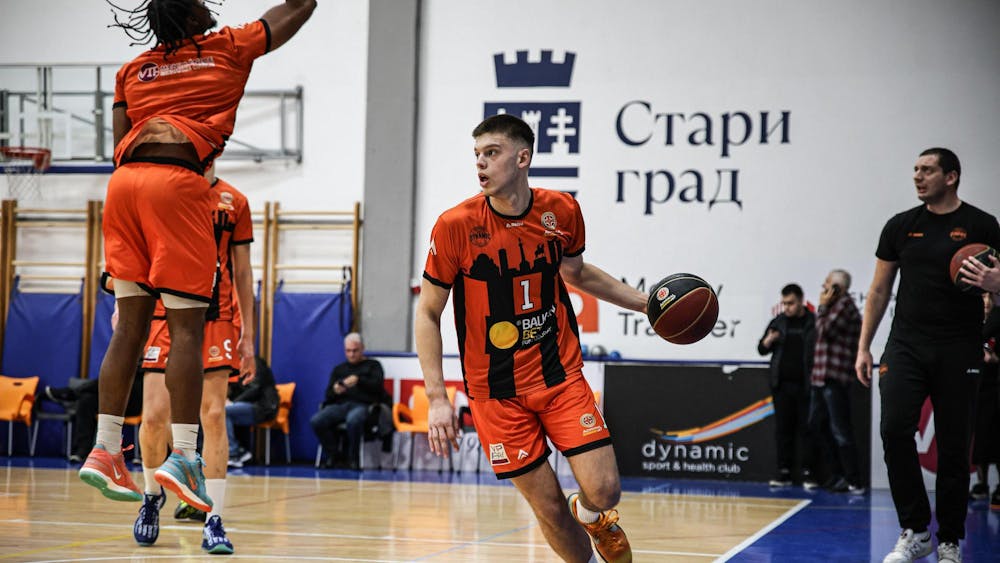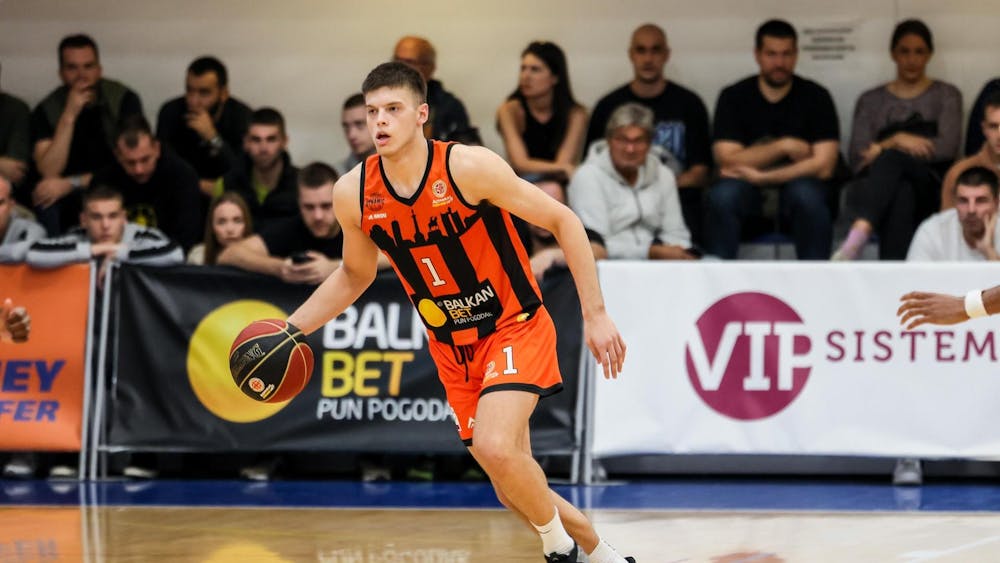As the United States was rolling through play in the world championships, Dwyane Wade couldn't help but notice that something seemed missing.\n"No booing," he said.\nThe absence of those ugly sounds was a welcome change for Wade, LeBron James and Carmelo Anthony, who listened to them on a nightly basis while playing for an unpopular U.S. Olympic team two years ago.\n"We heard some real foul stuff back in 2004," Anthony said.\nBut it's been almost entirely cheers this time for the Americans, who headed into their quarterfinal matchup with Germany Tuesday as perhaps the biggest tournament favorites, both on and off the court.\nIn their first game here Sunday, the Americans were cheered on by a crowd that included one fan from the Philippines who was wearing a James Cleveland Cavaliers jersey and holding a sign that asked Wade for marriage.\n"You go out on the court, and you see all the fans chanting 'USA,'" James said, "and they're not from the USA."\nTerrorism fears following 9/11 kept many American fans -- not to mention some NBA players who were supposed to suit up for the U.S. -- from traveling to Athens. With little support from their own fans and declining U.S. popularity around the world because of the war in Iraq, the Americans felt like they were playing road games most of the time.\nIt was obvious how much things had changed starting in Sapporo, Japan, where the Americans closed group play amid chants for Wade, who sat out that game because the result was meaningless.\n"We weren't even expecting any cheers coming out here," Wade said. "It was a surprise to us, it was a great surprise, that we could come out here and gain some fans."\nActually, James had a feeling they were coming.\nAs the NBA and its partners have found a thriving market in Asia, some players had already established a presence and recognition in the Far East. Posters and ads featuring James, Elton Brand and Kobe Bryant -- who isn't playing but is in Asia helping conduct clinics and is expected here for the gold medal game -- greet passengers getting off the subway stop in front of the Saitama Super Arena.\nJames has spent part of the last two summers in Asia making promotional appearances for Nike, with stops last year in Hong Kong, Tokyo and Beijing. His shoe marketed only in China sold out in two hours. More tours this year when the Americans had training stints before arriving in Japan convinced him that the crowd was going to be on the U.S.'s side -- even if he didn't let his teammates know it.\n"I was here last summer, so I kind of knew what to expect," James said. "So I was kind of just prepping the guys, letting them know, 'Well, it's not going to be that good.' Then when they got here it was all crazy, so it's been everything I've expected and more."\nU.S. coach Mike Krzyzewski attributed his team's popularity to the way his players have acted. More likely, it has to do with the way they play.\n"Japanese people are fascinated with strong teams," said Masa Oshima, a Tokyo resident who is working as a media conference interpreter for FIBA. "If it was a major league All-Star team, the same thing would be happening. But if it was the American soccer team, they wouldn't think twice. They would rather follow England and David Beckham.\n"They pretty much just want to see a good show, lots of dunks and stuff"
U.S. re-emerges as favorite off the court
Get stories like this in your inbox
Subscribe





